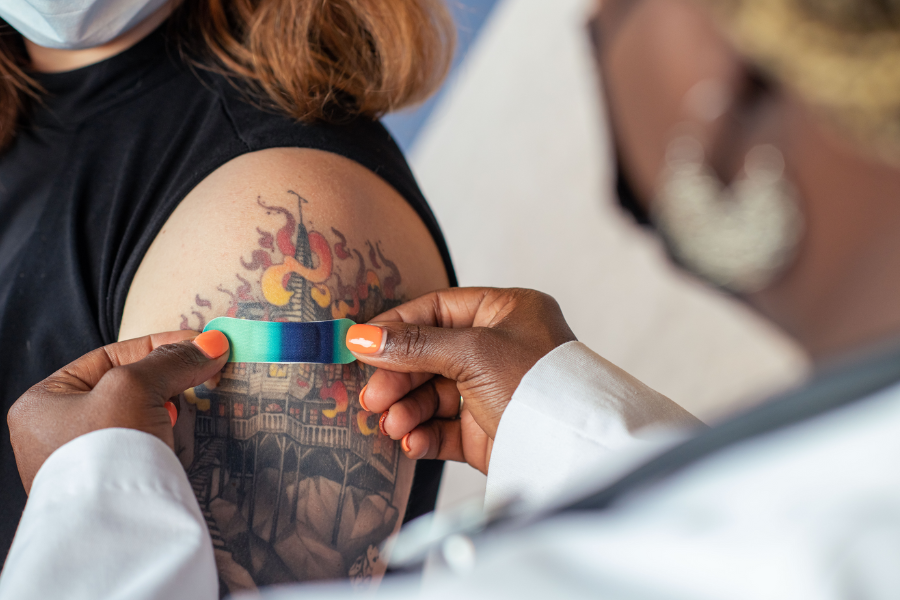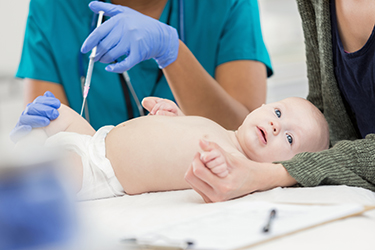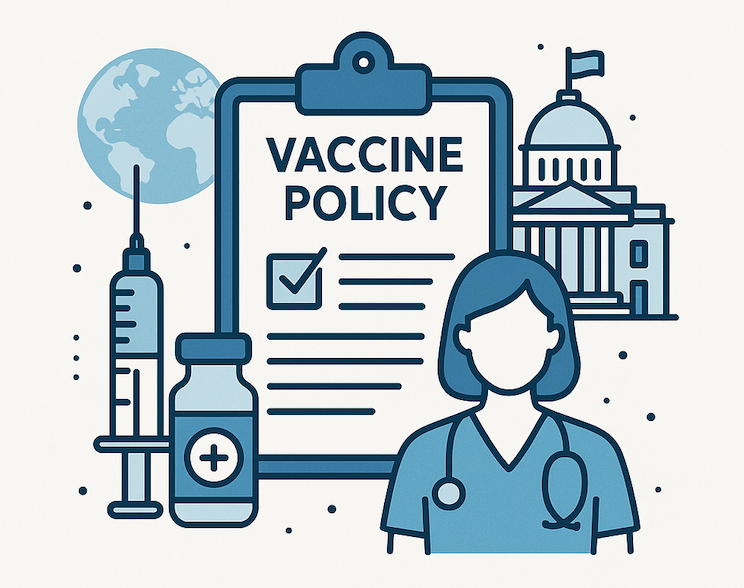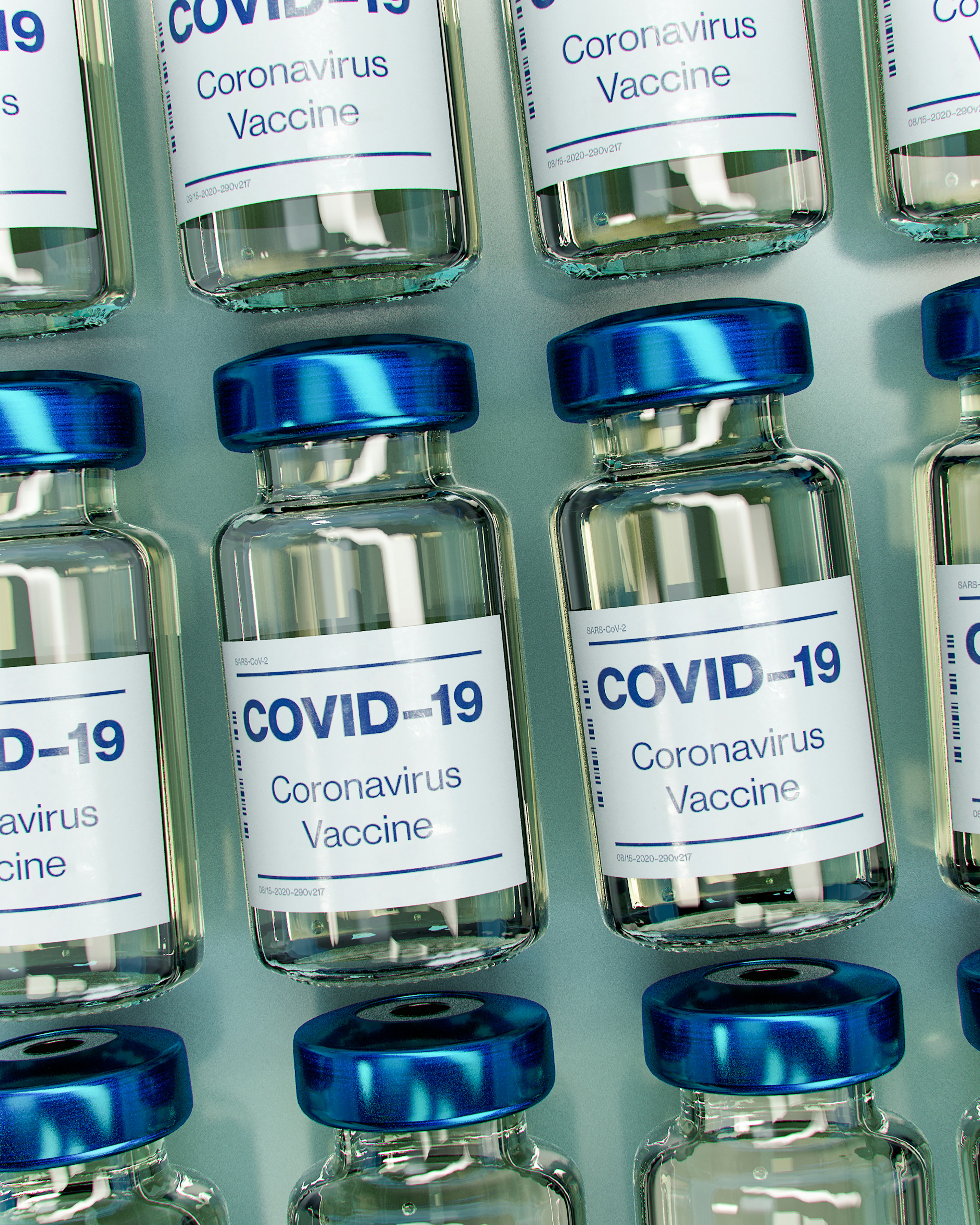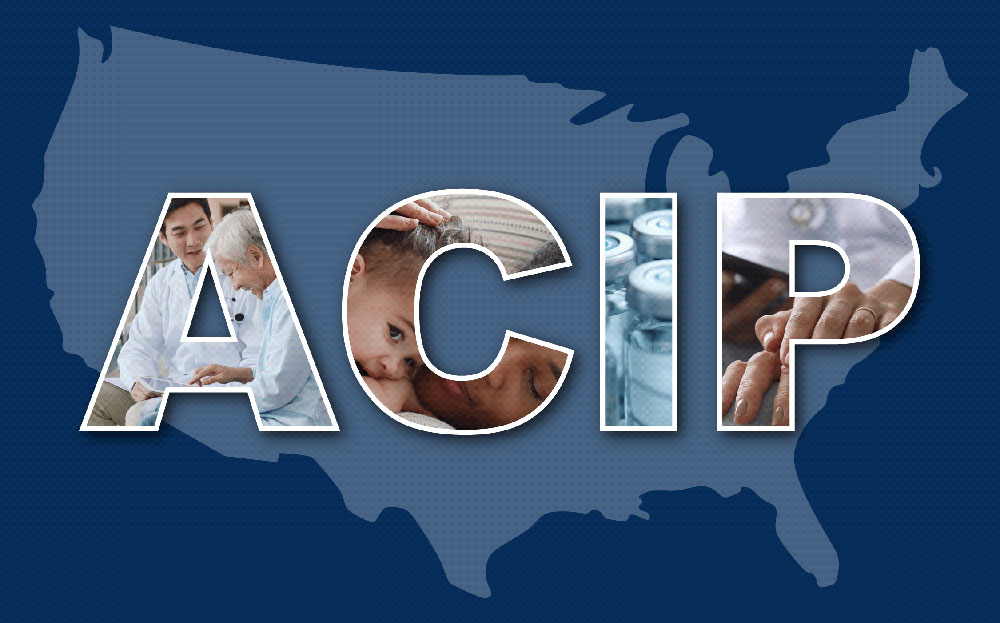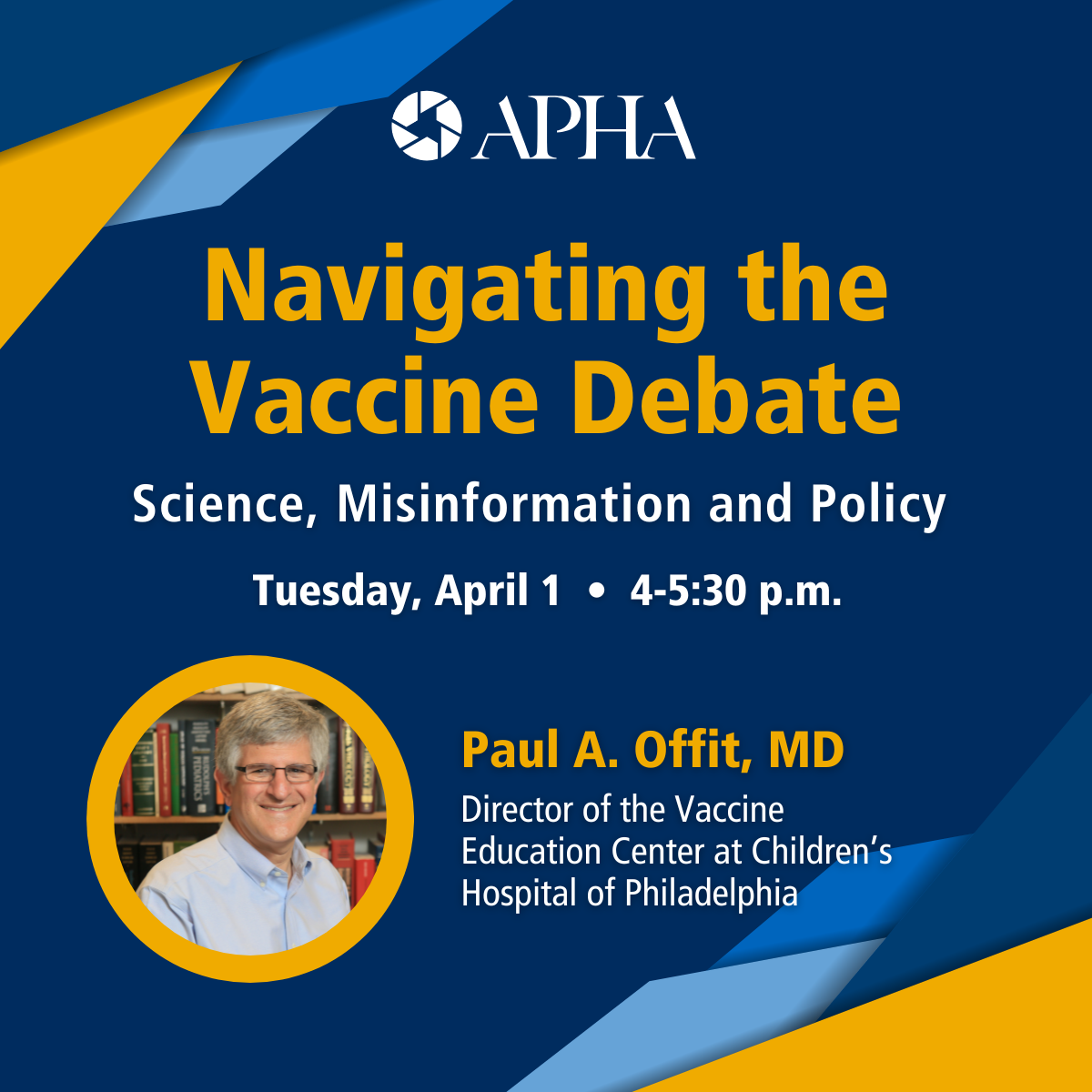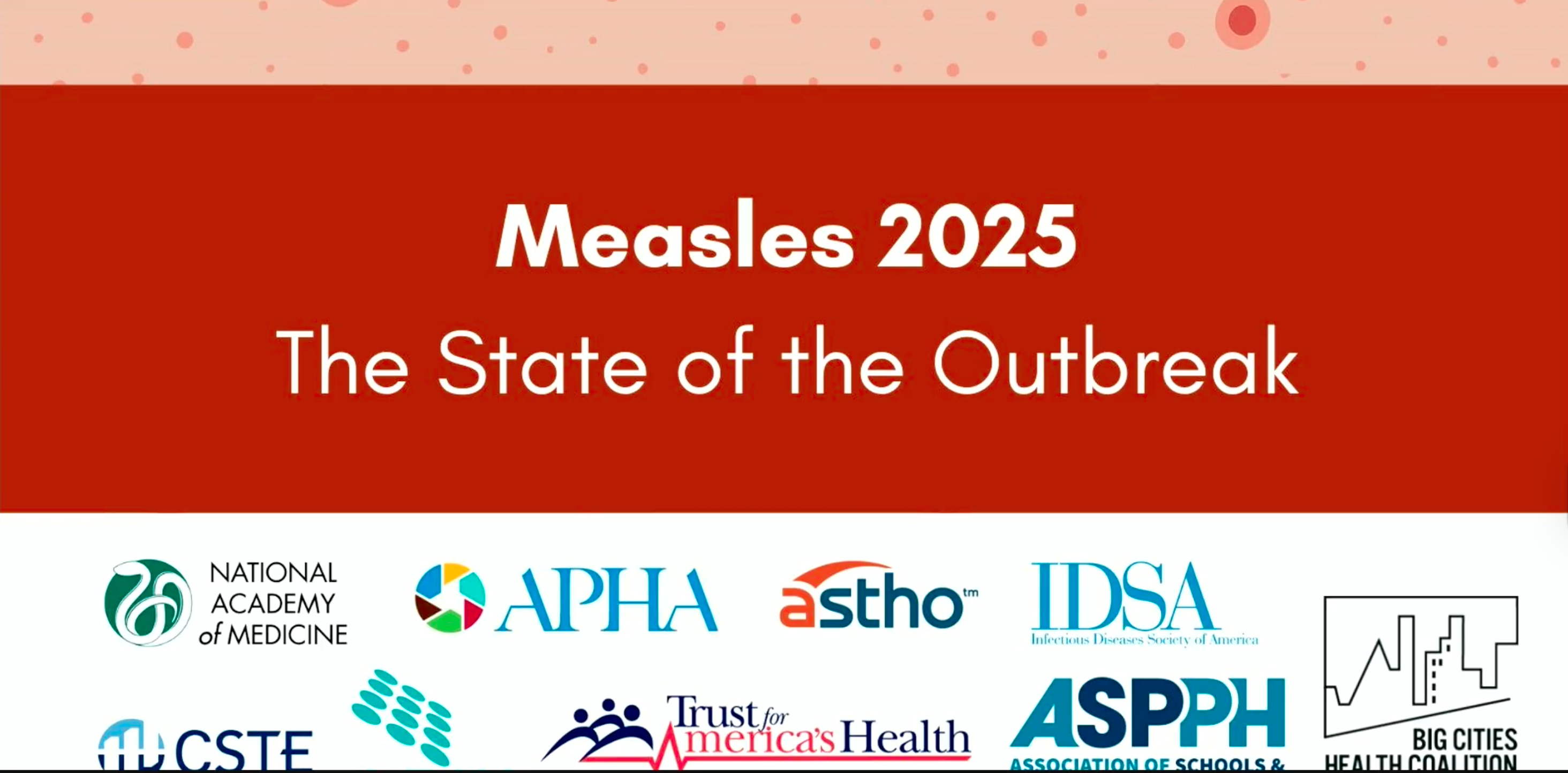Vaccines
More about vaccines and public health
We know that health decisions can feel deeply personal—you want to do what’s right for your family. Choosing to vaccinate is one of the most powerful ways to protect your loved ones and support a strong healthy community. It’s a choice that helps kids stay in school, families avoid preventable illness and all of us move through life with peace of mind.
Vaccines support our health at every stage of life—from childhood through adulthood—helping us stay healthy so we can work, learn, care for others and enjoy the moments that matter.
If most people in a community get vaccinated, germs have fewer chances to spread. This community immunity helps protect those who cannot get vaccinated, like newborns or people with certain health conditions. It’s a team effort—your choice to vaccinate helps protect your family, your neighbors and your whole community. We saw this during COVID-19 and we see it every time we stop an outbreak.
It’s normal to have questions. Health choices are important and people want to be sure they’re doing the right thing. That’s why vaccines go through strong testing before they’re approved and are carefully watched after they’re in use. Scientists, doctors and public health experts work together to make sure vaccines are safe and effective.
Vaccines don’t just prevent illness—they help keep schools open, hospitals running and communities strong. They’re one of the best tools we have in public health and one of the most meaningful choices we can make together.

